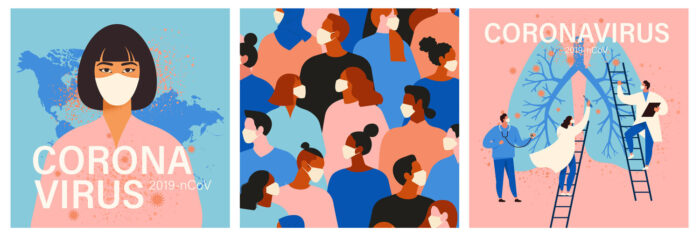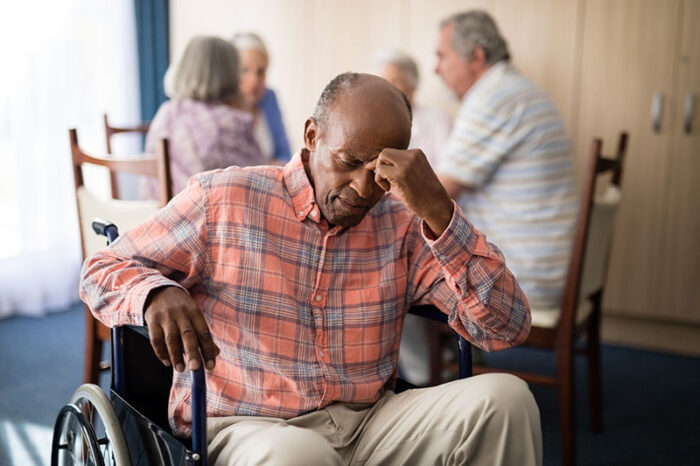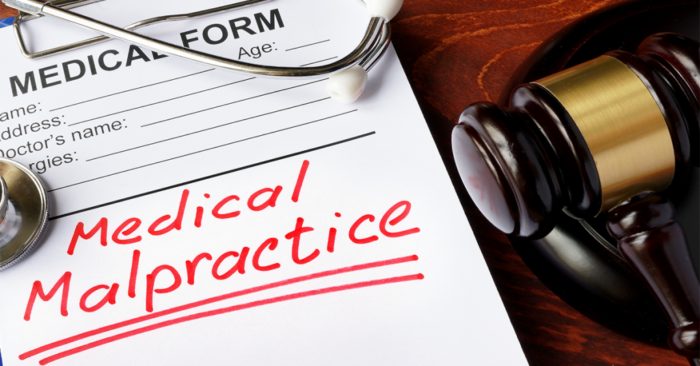The Covid-19 pandemic has been at the forefront of the world’s mind for months at this point, and it’s leaving many unanswered questions.
One area where people may have questions related to COVID-19 and potential personal injury cases. For example, as states are starting to open up, employees are concerned about their possible exposure to the virus.
According to Brian White, a personal injury lawyer in Houston, TX, personal injury cases tend to involve compensation for costs associated with some kind of pain and suffering, loss of earnings or medical bills.
Could that include COVID-19 cases against employers? What else should we know right now about COVID-19 and personal injury cases?
The following are some ways COVID-19 and personal injury cases might intersect right now.
Can You Sue Your Employer If You Get Covid-19 At Work?

With something like COVID-19, it would be fairly challenging to have a successful case against an employer if you were to get sick. The reason for that is because you would have to be able to show that you were infected at work.
With such a widespread and infectious disease as COVID-19, that’s tough to do.
That doesn’t necessarily mean that it’s not possible, and there are cases that are starting to pop up.
For example, in Chicago, the family of a Walmart employee who died of COVID-19 complications filed a wrongful death lawsuit against the company.
The family says in their lawsuit that Walmart ignored the symptoms of the employee and didn’t inform the other workers that someone they worked with had gotten the virus.
With these issues in mind, some lawmakers are pushing to put limits on the level of legal liability a business might have in terms of lawsuits related to coronavirus. Republican lawmakers say they want to do this so that businesses aren’t too afraid to reopen.
However, critics of such proposed legislation feel that shielding them from legal liability would encourage risky business practices like not providing enough personal protective equipment.
Negligence at Nursing Homes

There have been a lot of issues where public health and potential legal ramifications come together during the coronavirus pandemic, and this includes nursing homes.
Nursing homes have been at the center of the pandemic because there have been situations throughout the country where the virus has spread through these facilities.
Due to the severe effects, COVID-19 can have on elderly people and individuals with underlying health effects, these nursing home outbreaks have unfortunately led to deaths.
There is the potential that residents and their families may come forward and sue nursing homes if there is evidence the facilities didn’t take the necessary precautions to protect people who live there.
Some of the types of evidence this could refer to include generally unsanitary conditions, not quarantining residents when necessary, or not informing residents and their families about risks.
Also, having sick employees come to work could become part of the issue.
Cruise Ships
Cruise ships were really where Americans became more cognizant of covid-19 and the fact that there was a new, widespread virus circulating around the world.
Several cruise ships ended up having to quarantine travelers and staff offshore early on in the outbreak, although ships aren’t sailing anymore.
There could be a potential for lawsuits if the company didn’t take reasonable steps to protect the safety of passengers or crew.
With that being said, legal matters involving cruise ships can be somewhat complex because there are restrictions on claims due to what you sign off on when you buy your ticket.
Medical Malpractice

Another topic that’s being raised surrounding COVID-19 is the potential for medical malpractice lawsuits to be brought against hospitals.
If a patient was either exposed to COVID-19 because of the negligence of a hospital they were in, or they or their loved ones believed that the care they received to treat COVID-19 wasn’t appropriate for some reason, they might file a medical malpractice claim.
Medical malpractice claims are a bit different from other types of personal injury cases, and it would require the testimony of an expert to explain how the defendant didn’t receive the right care, as compared to how another health care provider would have behaved given the same situation.
It’s likely in the coming weeks and months that we’ll see more examples of COVID-19 lawsuits in action, as we learn more about the ongoing effects of the virus and the legal ramifications that may create.








